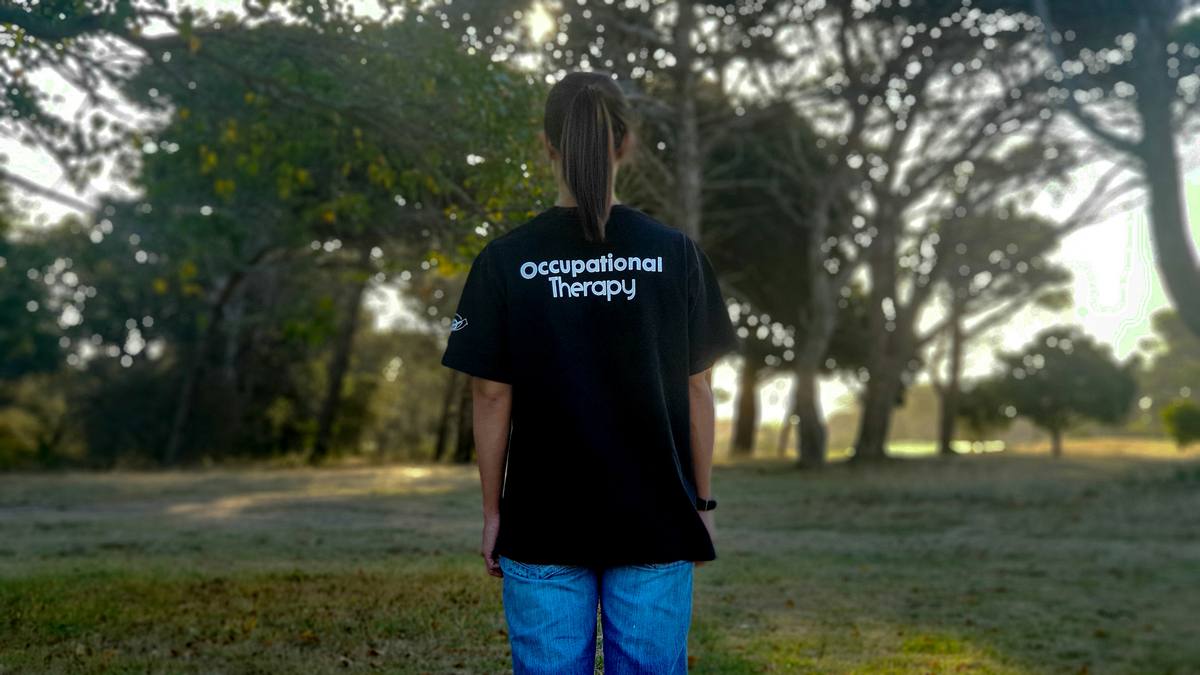Embarking on an Occupational Therapy Business Adventure
Starting your own Occupational Therapy business is an exhilarating journey filled with opportunities for growth and impact. It all begins with a deep, passionate commitment to enriching the lives of individuals through therapeutic practices. Crafting a unique brand identity that resonates with your core values and speaks directly to your audience's needs is paramount. Researching and understanding the local market demands will illuminate the path toward services that are not just needed but sought after. Networking with healthcare providers and community leaders can significantly amplify your reach and establish your reputation as a trusted professional. Embracing innovation and staying abreast of the latest therapeutic techniques will position your business as a leading figure in the Occupational Therapy landscape.

The Initial Hurdles of Beginning Your Practice
Embarking on the journey of starting an occupational therapy business can feel like navigating through a maze without a map. The most common challenge is undoubtedly securing sufficient funding to get your practice off the ground. It's not just about having enough to cover the rent and utilities; you also need to factor in the cost of equipment, insurance, and salaries for any staff you plan to hire. Another significant obstacle is understanding and complying with the myriad of healthcare regulations which can vary greatly from one region to another. Above all, building a reliable referral network can prove daunting but it remains essential for sustaining and growing your client base.

Location Matters More Than You Think
Choosing the right location for your occupational therapy business is crucial and can significantly influence its success. You want a space that's accessible for your clients, with ample parking and easy public transport links. The demographics of the area also play a key role; positioning yourself in communities with a higher concentration of elderly or families can be beneficial, depending on your specialty. Moreover, the physical layout of your clinic should accommodate various therapies and activities comfortably. Ultimately, the goal is to create a welcoming environment where clients feel at ease the moment they step through your door.
Finding Your Niche in Occupational Therapy
In occupational therapy, as in many fields, specialization can be a key differentiator. Deciding on your niche early can help tailor your services to meet specific needs and make your practice stand out in a crowded market. Whether you focus on pediatrics, geriatrics, hand therapy, or neurorehabilitation, being known for a specialty can enhance your reputation and attract more referrals. It requires thorough research and perhaps additional certification but committing to a niche allows you to deeply understand and better serve your patients' unique challenges. Plus, it makes marketing efforts more targeted and effective.

Navigating Licensing and Certification
The process of obtaining the necessary licensing and certification to practice occupational therapy legally can seem overwhelming at first glance. Each country--and often each state or province within that country--has its own set of requirements that must be met. This typically includes completing an accredited OT program, passing national exams, and fulfilling any additional local prerequisites. Staying informed about these requirements throughout your career is equally important due to changes in legislation or professional standards. While this step might be time-consuming, it underscores the importance of maintaining high-quality care within the profession.
Building Your Brand Identity
Your brand identity does more than just distinguish you from competitors; it communicates what potential clients can expect when they choose your services. From the design of your logo to the tone of your marketing materials, every element should reflect the values and professionalism of your practice. Creating a strong online presence through a user-friendly website and active social media accounts is also non-negotiable in today's digital age. Additionally, consider how community involvement or partnerships with other healthcare providers could enhance your reputation and visibility. Crafting a cohesive brand identity takes time but pays off by attracting clients who align with your approach.

Boost campaigns with 250+ editable templates. Save, reuse, and wield design tools for business growth.
Try it for FREE!Employing Advanced Technology Wisely
Staying abreast with technological advancements can offer numerous benefits to an occupational therapy business. From electronic health records (EHR) systems that streamline patient documentation to telehealth platforms expanding access to care, technology has transformed how services are delivered. However, integrating new tools should be done thoughtfully to ensure they genuinely improve efficiency or client outcomes without adding unnecessary complexity or cost. Training staff thoroughly on any new system is essential for smooth operation. Remember, technology should serve as an enabler for better care, not as an obstacle.
Maintaining Ethical Standards and Client Privacy
In any healthcare setting, upholding ethical standards and ensuring client privacy is paramount. For occupational therapists starting their own business, this means implementing strict policies around confidentiality and data protection from day one. The trust between therapist and client forms the foundation of effective therapy; any breach of this trust can have lasting repercussions on both reputations and relationships. Regular training sessions for all staff on ethics and privacy laws will help maintain this trustworthiness. Balancing business goals with ethical considerations may present challenges but ultimately leads to a more respected practice.

Leveraging Design Tools Like Desygner
In today's visually driven world, having professionally designed marketing materials could make all the difference in how potential clients perceive your occupational therapy practice. That's where tools like Desygner come into play; offering easy-to-use templates that help create everything from business cards to brochures without breaking the bank or requiring advanced design skills. Utilizing such resources not only saves time but also ensures a consistent visual brand across all channels--both online and offline--enhancing recognition and trust among prospective clients. Furthermore, investing effort into well-designed promotional materials demonstrates attention to detail--a quality highly valued in healthcare professions.
Embarking On Your Occupational Therapy Business Journey
Starting an occupational therapy business can be both exhilarating and daunting. It requires a blend of clinical expertise, entrepreneurial spirit, and steadfast commitment. As you prepare to take this significant leap, remember that the journey is as important as the destination. Cultivating a strong foundation will set the stage for a thriving practice that not only survives but flourishes in the evolving landscape of healthcare services.
To ensure a smooth sail, focus on building a robust business plan that addresses key aspects such as market analysis, financial projections, and operational strategies. This blueprint will serve as your compass, guiding every decision and action towards achieving your vision. Additionally, prioritizing legal compliance and ethical standards is paramount. Navigating these waters with diligence will safeguard your practice against potential pitfalls.
Establishing a unique brand identity is crucial in distinguishing your services in a competitive market. This involves creating a compelling narrative around your mission, values, and the distinctive benefits of choosing your practice. Utilizing tools like Desygner can greatly enhance this process by providing professional design solutions that resonate with your target audience.
Marketing your services effectively will attract the right clients to your doorstep. Embrace a mix of traditional and digital marketing strategies to reach a broader audience. Engage with your community through workshops, seminars, and social media platforms to build trust and recognition.
- Develop a comprehensive business plan
- Ensure legal and ethical compliance
- Conduct thorough market research
- Create a strong brand identity
- Utilize design resources like Desygner
- Implement effective marketing strategies
- Engage with your community
- Continuously evaluate and refine your approach
In conclusion, embarking on an occupational therapy business venture is an exciting path filled with opportunities for growth and impact. By laying a solid foundation, branding intelligently with tools such as Desygner, and engaging actively with your community, you'll pave the way for success. Remember to sign up at Desygner to kickstart the journey of transforming your vision into reality.


